While many people’s childhoods are full of joy and love, others aren’t so lucky, and some kids grow up feeling incredibly lonely.

While those feelings might abate as you get older and can make deeper connections with a wider number of people, what you went through doesn’t just leave you. Instead, that childhood loneliness could crop up in certain things you do as an adult.
1. You find it hard to open up and let people in.

Because you felt so lonely as a child, you’re not keen to repeat the experience. Your fear of abandonment is so intense, that you tend to close yourself off and avoid letting people in as a form of self-protection. Sadly, this often just makes things worse.
2. You often feel like an outsider, even in social situations.
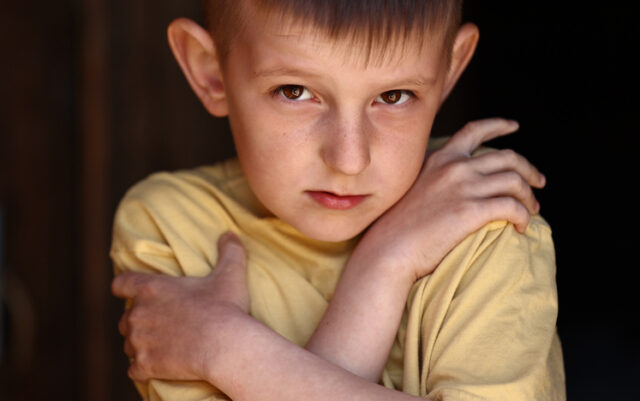
Despite being surrounded by people, you constantly experience a sense of not quite fitting in. This feeling of being an outsider can stick around even among friends or colleagues, as if there’s an invisible barrier separating you from truly belonging.
3. You overthink every social interaction you have.

You’re constantly analysing conversations and social encounters long after they’ve ended. This habit of replaying interactions in your mind, wondering if you said or did the right thing, can be exhausting. However, it comes from a deep-seated fear of rejection or exclusion, which echoes the loneliness of your younger years.
4. You’re extremely self-reliant and struggle to ask for help.

Having learned to cope with loneliness from a young age, you’ve likely developed a strong sense of self-reliance. While independence is usually a good trait, it’s not if it means you can never reach out for help when you need it. Asking for help might feel uncomfortable or even impossible because you’re used to managing everything on your own.
5. You’re extremely creative and have a rich imagination.
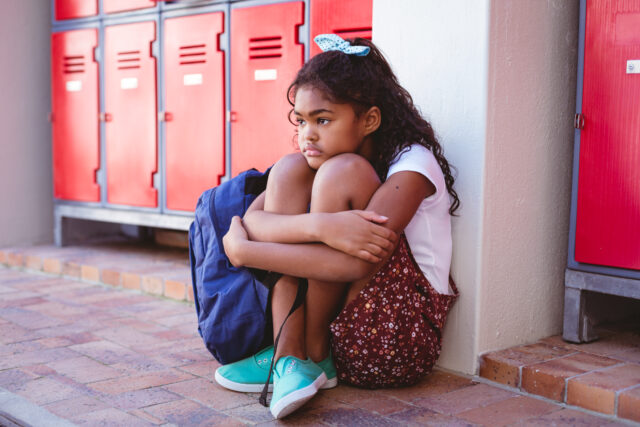
To cope with loneliness as a child, you may have developed a vibrant inner life. As an adult, this can translate into an active imagination, creative tendencies, or a penchant for daydreaming. While this can be a source of comfort and inspiration, it might sometimes keep you from living in the present moment.
6. You’re highly sensitive to rejection.

Your experiences with childhood loneliness may have made you overly attuned to any signs of rejection. As a result, you’re quick to interpret ambiguous situations negatively or feel overly hurt by minor oversights. This sensitivity can sometimes strain your relationships or cause unnecessary stress, anxiety, or upset.
7. You find solace in your own company.
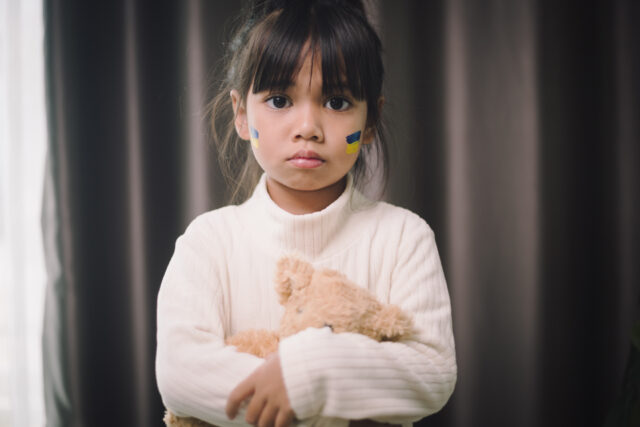
Having been used to spending a lot of time alone, you gravitate towards solo pursuits as an adult. While there’s nothing wrong with enjoying your own company, you often use these activities as a way to avoid potentially uncomfortable social situations, which means you end up missing out on opportunities for connection.
8. You don’t trust anyone with your emotions.
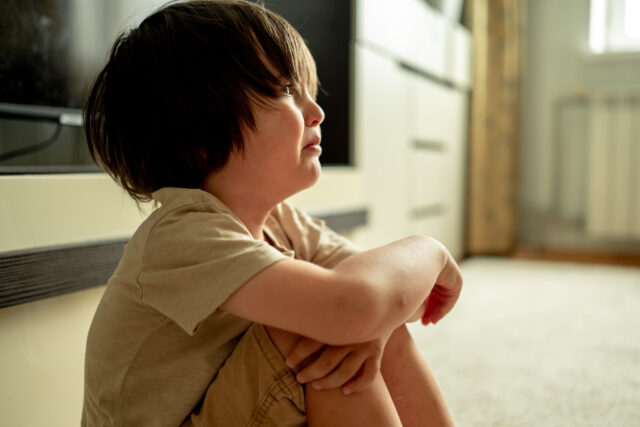
Opening up about your feelings is like getting blood from a stone. You find it hard to share your vulnerabilities, especially because you worry that doing so could lead to rejection or abandonment. Your reluctance to emotionally connect can sometimes create barriers in your relationships, both personal and professional.
9. You experience intense feelings of FOMO (fear of missing out).

The fear of being left out or missing important social experiences can be particularly strong. You’re constantly checking social media or agreeing to events you don’t truly want to attend, driven by the worry that you’ll be forgotten or excluded if you’re not always present and involved.
10. You have a tendency to people-please or overcompensate in relationships.
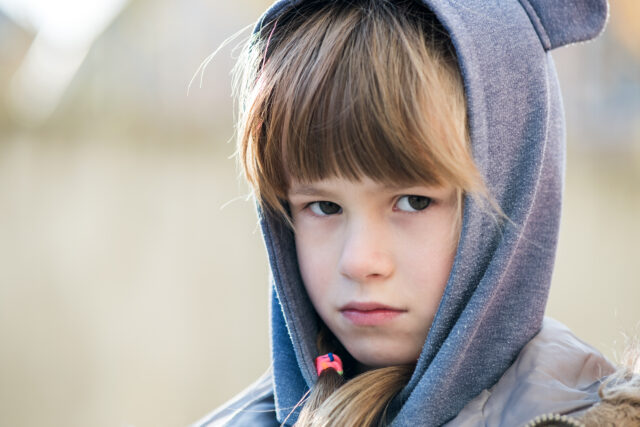
To avoid loneliness, you end up going to great lengths to please everyone. This can manifest as always being the one to organise events, offering help even at your own expense, or struggling to say no to requests. While generosity is admirable, this behaviour can sometimes lead to burnout or resentment.
11. You struggle with setting and maintaining boundaries.
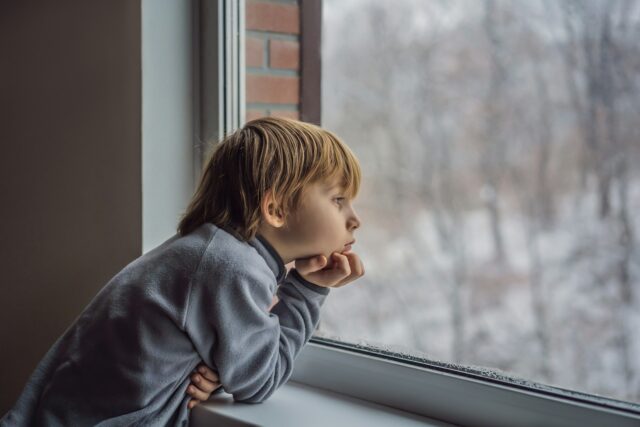 Source: Unsplash
Source: Unsplash The fear of pushing people away might make it hard for you to establish healthy boundaries. You end up tolerating behaviour that makes you uncomfortable or agreeing to things you’d rather not do, all to maintain connections and avoid the familiar feeling of loneliness.
12. You have a heightened awareness of other people’s emotional states.
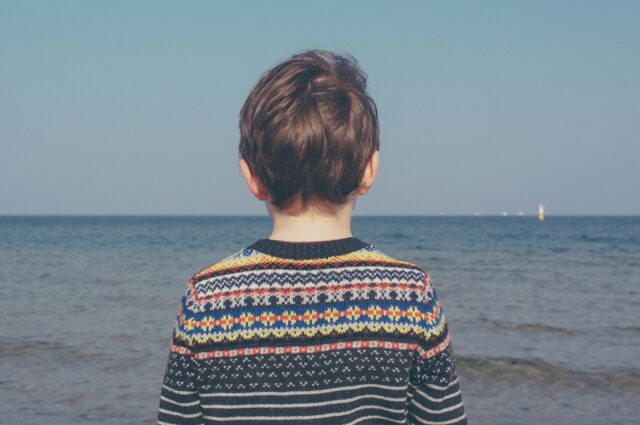 Source: Unsplash
Source: Unsplash Your experiences with loneliness have made you particularly attuned to the emotions of everyone around you. This empathy can be a strength because it means you can bond with people more easily, but it can also be overwhelming at times, especially if you find yourself taking on other people’s negative emotions.
13. You sometimes sabotage relationships when they start to get too close.
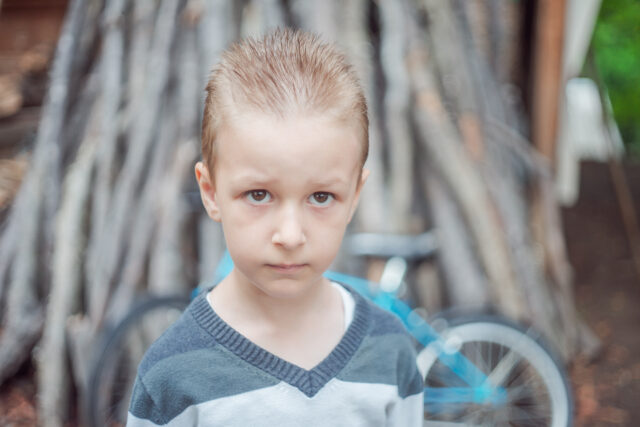
Paradoxically, as relationships deepen, you might find yourself pulling away or creating drama. This self-sabotage can be a subconscious attempt to protect yourself from potential hurt or abandonment. It happens!
14. You have a strong need for validation and reassurance.
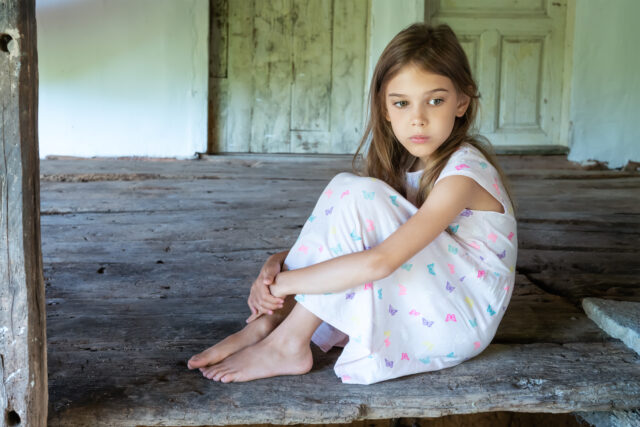
The lingering effects of childhood loneliness might manifest as a persistent need for external validation. You may frequently look for reassurance about your place in other people’s lives or your performance at work, as you struggle to internally validate your worth and belongingness.
15. You find comfort in nostalgia and childhood memories.
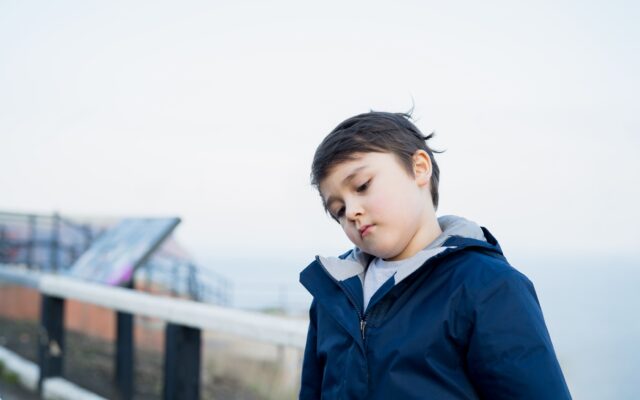
Despite the loneliness you experienced, you might find yourself drawn to nostalgic elements from your childhood. This could be revisiting old TV shows, collecting items from your youth, or frequently reminiscing about the past. While nostalgia can be comforting, it’s important to balance these feelings with engagement in your present life and relationships.




